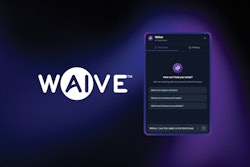
Once the effects of this ruling are fully realized, OSHA estimates that it will prevent more than 900 new cases of silicosis each year and will save over 600 lives; it’s projected to provide net benefits of about $7.7 billion annually.
OSHA says that responsible employers have been protecting workers from harmful exposure to respirable crystalline silica for years by using equipment that controls dust with water or a vacuum system, but still about 2.3 million workers are exposed to respirable crystalline silica in their workplaces. This also includes 2 million construction workers who drill, crush, grind or cut silica-containing materials such as concrete and stone, and 300,000 workers in general industry operations such as brick manufacturing, hydraulic fracturing (fracking) and foundries.
Key provisions for this ruling are as follows:
- It will reduce the permissible exposure limit (PEL) for respirable crystalline silica to 50 micrograms per cubic meter of air, which is averaged over an 8-hour shift.
- It will require employers to: limit worker exposure to the PEL by using engineering controls, such as water or ventilation; limit worker access to high exposure areas; provide respirators when engineering controls can’t adequately limit exposure; and offer medical exams to highly exposed workers, develop a written exposure control plan, train workers on silica risks and how to limit exposures.
- It will provide flexibility to help employers, especially small businesses, protect workers from exposure to silica.
- It will provide medical exams to monitor highly exposed workers and give them information about their lung health.










